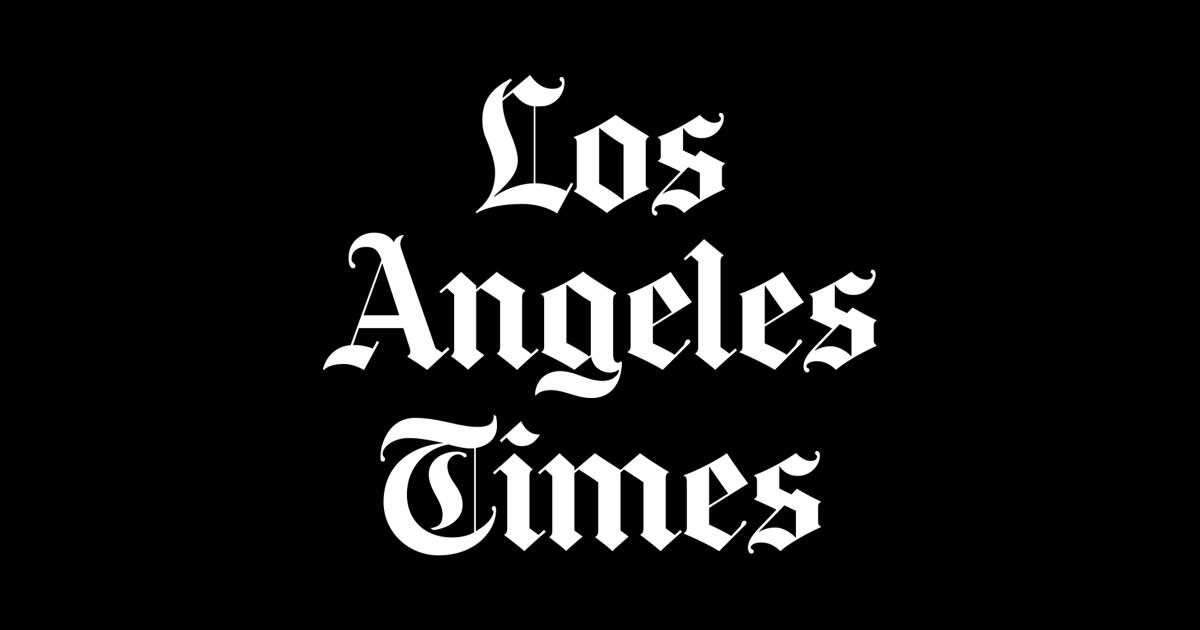It turns out that the attack on John Kerry’s war record was just Act 1. Now the Swift Boat Veterans for Truth (and, miraculously, all the right-wing media) have turned to Kerry’s antiwar record. After returning from Vietnam, Kerry became a spokesman for the Vietnam Veterans Against the War, a major force in the antiwar movement. In 1971, he testified before the Senate Foreign Relations Committee. This famous testimony launched Kerry’s political career and the talk of him as a future president. Richard Nixon and Henry Kissinger can be heard fretting about it on the Watergate tapes.
This at least is a real issue, unlike the manufactured nonsense about his war medals. Does what Kerry said back in 1971 disqualify him for the presidency 33 years later?
There is some ambiguity, or purposeful confusion, about the precise objection to Kerry’s ancient testimony. Is it something in particular that he said? Or is it the very fact that Kerry opposed the Vietnam War and worked to end it?
Many of those who condemn Kerry for opposing the Vietnam War are too young to have been politically aware during that period. The rest are fighting very old battles. But the fact is that the argument over Vietnam was settled long ago, and a majority of Americans decided that Kerry was right.
Members of the Swift boat group and like-minded Americans are free to try to re-litigate the basic Vietnam question. They say, from the comfortable perspective of 2004, that the antiwar movement emboldened the enemy and thus lengthened the war. That’s their premise: We could have won the war by 1971 if not for Kerry and his ilk. Of course, after continuing the war for three more years, we still didn’t win it. So even accepting the dubious premises of these Hindsight Hawks, blame for the lives lost after Kerry’s testimony goes primarily to the leaders in Washington who kept the war going needlessly.
But most Americans came to accept Kerry’s view that the war was ill advised and unwinnable at any reasonable cost. Only when that happened did the war end, and the antiwar movement made it happen sooner. If that historical judgment is correct, which we think it clearly is, then Kerry saved the lives of many more Americans in his antiwar role than he did as a Navy officer.
Kerry’s testimony in April 1971 was eloquent, persuasive and damning. Consistent with his cautious instincts, Kerry never joined the extremist America-haters who hoped for a North Vietnamese victory, but instead he patiently explained to senators why the war was a disaster.
Undoubtedly, Kerry was overwrought when he declared that atrocities by American soldiers were ubiquitous. They weren’t. But it is ignorant fantasy to suppose that the United States emerged from Vietnam unblemished by horrible misdeeds. What about the free-fire zones and the dumping of more munitions than during World War II? What about the Phoenix program of mass assassinations? In his new memoir, retired Gen. Tommy Franks recounts how he was tempted to kill inhabitants of a Vietnamese village because he feared they were communist sympathizers. Sometimes, temptation was not resisted.
But Kerry’s anger was not directed at soldiers in the field. On the contrary, in his testimony, he blamed the Washington establishment. He lashed out at former Defense Secretary Robert S. McNamara and former national security advisor McGeorge Bundy: “Where are they now that we, the men whom they sent off to war, have returned?” Kerry asked. “These are commanders who have deserted their troops, and there is no more serious crime in the law of war.”
None of what Kerry said was particularly novel or shocking. But his status as a decorated sailor sent the Nixon administration into overdrive to depict him as providing aid and comfort to the enemy, just as his current detractors seek to depict him as a traitor unfit to lead the war against terror.
The late 1960s were a moral obstacle course for young Americans, especially young men. Kerry is one of the few who got it right. He served, and served bravely as even President Bush now concedes. Then he came back home and worked to stop the killing and the dying.
George W. Bush, by the way, dodged the second part too.
